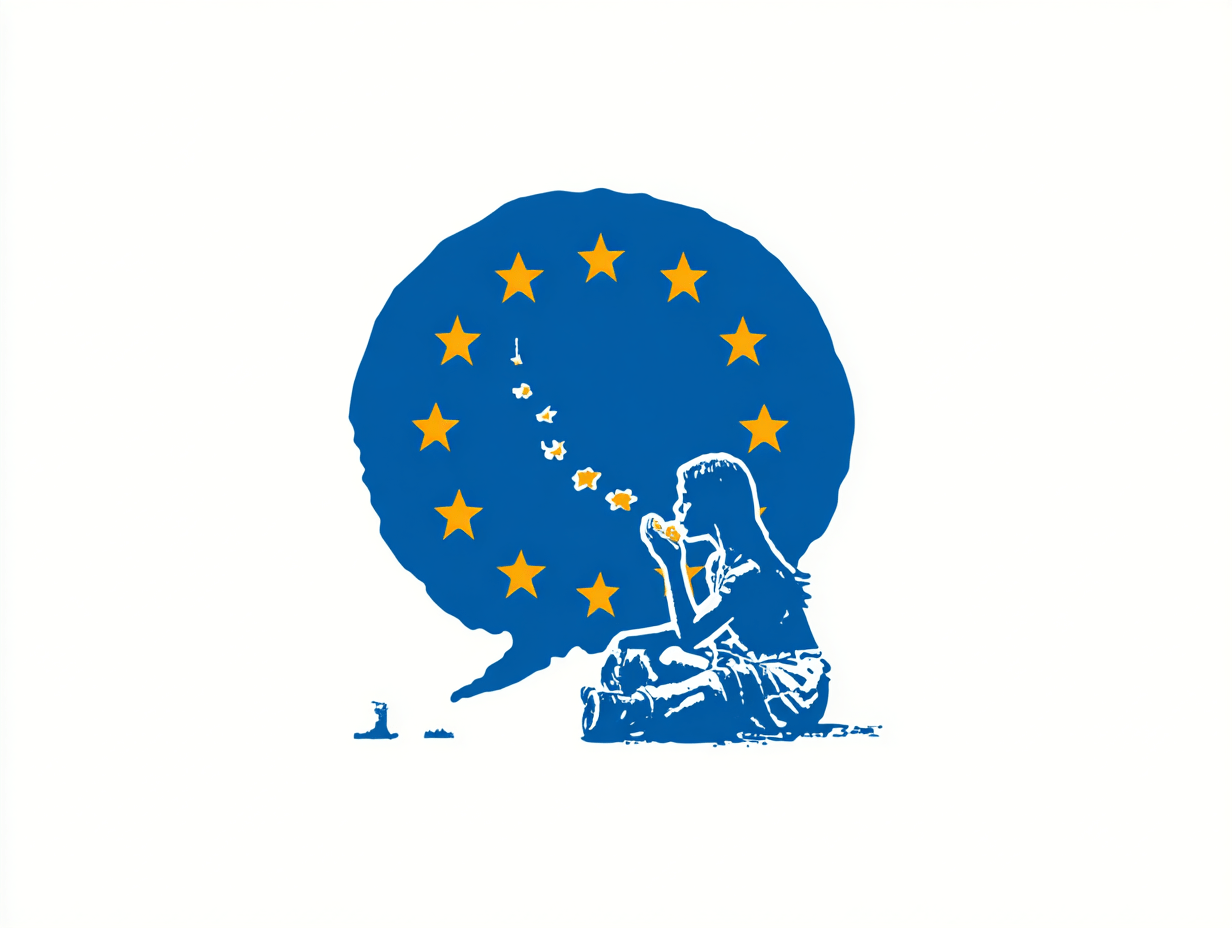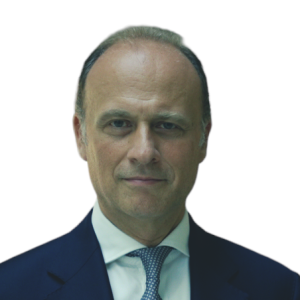From Consumers to Citizens: Europe’s Generational Test
Europe’s most decisive investment lies not in institutions or markets, but in its young citizens. A commentary by Stefano Caselli

The European Union is home to 81 million children under the age of 18. Of these, around 14 million will cast their first vote in 2029, choosing their representatives and shaping the face of Europe’s institutions. How are they being educated? What values are they forming? What vision do they hold of their country, and of Europe? Most importantly: what more can we do for them? These are not marginal questions. They must be at the core of any serious reflection about the future of Europe.
In his passionate speech at the Rimini Meeting, Mario Draghi captured attention with the image of a “vanishing Union.” Less noticed, but equally significant, was the part devoted to the young.
For one generation, Europe was born as the answer to war and destruction — experienced directly or remembered through families, always with emotion and urgency. That direct link to history is now fading. New generations lack that immediate connection to the reasons why European nations came together. What is needed is a new narrative, one that works on both rational and emotional levels. The risk, otherwise, is that Europe is seen as a relic of the past, or as something distant. The greatest political mistake would be to treat young people who feel detached from Europe as adversaries. The real task is to forge a new consensus.
On the rational side, the case for Europe has never been clearer. In today’s global competition, only political, economic, financial, and technological scale allows countries to thrive. Europe, as a market and a rule-maker, is the indispensable tool enabling companies to grow and compete. National strength — my citizens, my firms — is multiplied through Europe.
But this rationality must be turned into a political narrative — one that can be told both to older voters and to the young, centred on the promise of greater prosperity and development.
Here, much depends on political parties in power across the continent. But European institutions themselves must also strengthen the way they communicate what being European means. The distance between Brussels and citizens must be drastically reduced. And alliances must be sought beyond the Union, not only to bolster Europe but also to prove that its model works, creates tangible benefits, and commands respect.
Earlier this year The Economist provocatively suggested Canada’s accession to the EU. Mario Monti, writing in Corriere della Sera, urged “disruptive” alliances beyond Europe — from the UK to Mediterranean and Asia-Pacific partners — to renew and reinforce Europe’s relevance.
The emotional and rational dimensions must be joined, or they will produce no real change. This is the card Europe must play for the 81 million young people who will become its next citizens.
One promising idea is that of a “28th State”: a virtual framework of common rules and rights that could cut through the tangled heterogeneity of 27 different regimes. This could support small and medium enterprises, often trapped by regulatory fragmentation, and enable innovative fiscal mechanisms. But it could also be tailored for the new generation.
What would that mean in practice?
First, education. Europe could combine the best of its diverse national traditions — Italy’s intellectual heritage, for example — with the pragmatic approach of Anglo-Saxon schools, creating a model that individual countries or even individual schools could adopt. Alongside this, a charter of rights and tools that guarantees openness and mobility for young people.
Second, taxation. Current initiatives to support young generations are bold but fragmented: France’s tax breaks for under-30s, Portugal’s incentives to attract the young, Germany’s €10-a-month child pension scheme. A coherent framework on labour costs, taxation, and pensions would provide unprecedented impetus not only for mobility, but for personal, social and economic growth.
Third, entrepreneurship. Europe has hubs such as Paris, Berlin, Stockholm — and, to some extent, Milan. But a unified framework of rules and incentives could connect these centres, build critical mass, and accelerate growth across the continent, creating jobs in every member state.
Could there be a European Commissioner charged with this mission? Someone who goes beyond the ritual of appointments and acts decisively within the current legislature? It would be a bold step, suited to today’s demands for speed and substance.
The choice of youth is the decisive one for Europe’s future. Not only for their votes, but for credibility, prosperity, and the desire to prove that a project born of lofty ideals can carry forward with renewed strength. Building Europe means building real European citizens.
The EU began as a single market, and that market still needs to be completed. But Europe today cannot be made only of consumers — people buying what they desire from the world. The leap Europe must take is to see citizens in every country not just as consumers, but as Europeans. If it fails, they will look elsewhere to meet their needs and fulfil their ambitions.
An Italian version of this article was published by Corriere della Sera
IEP@BU does not express opinions of its own. The opinions expressed in this publication are those of the authors. Any errors or omissions are the responsibility of the authors.
